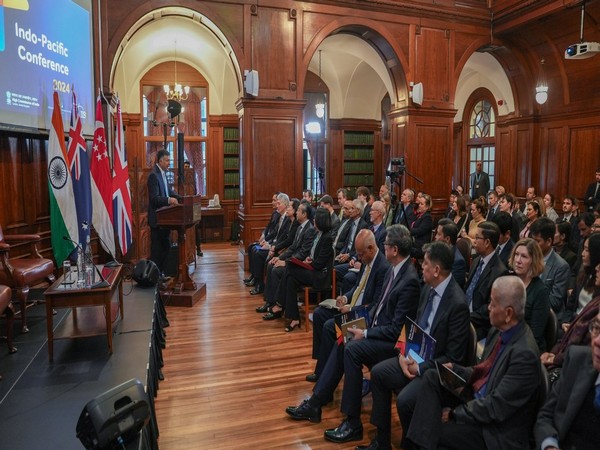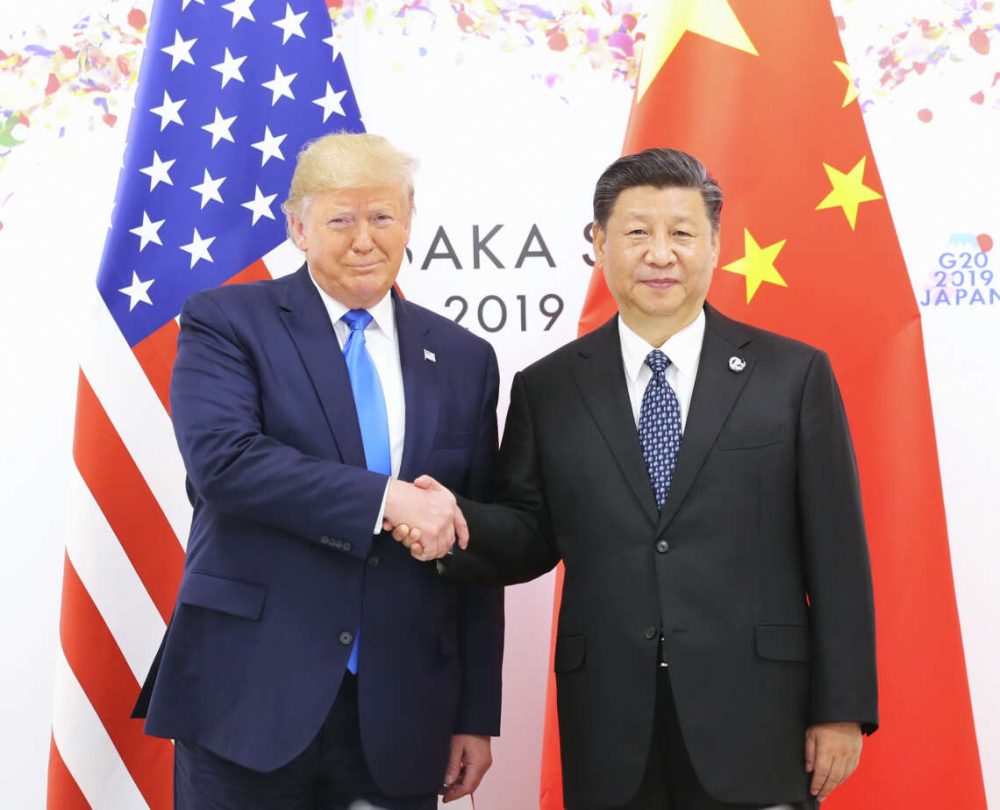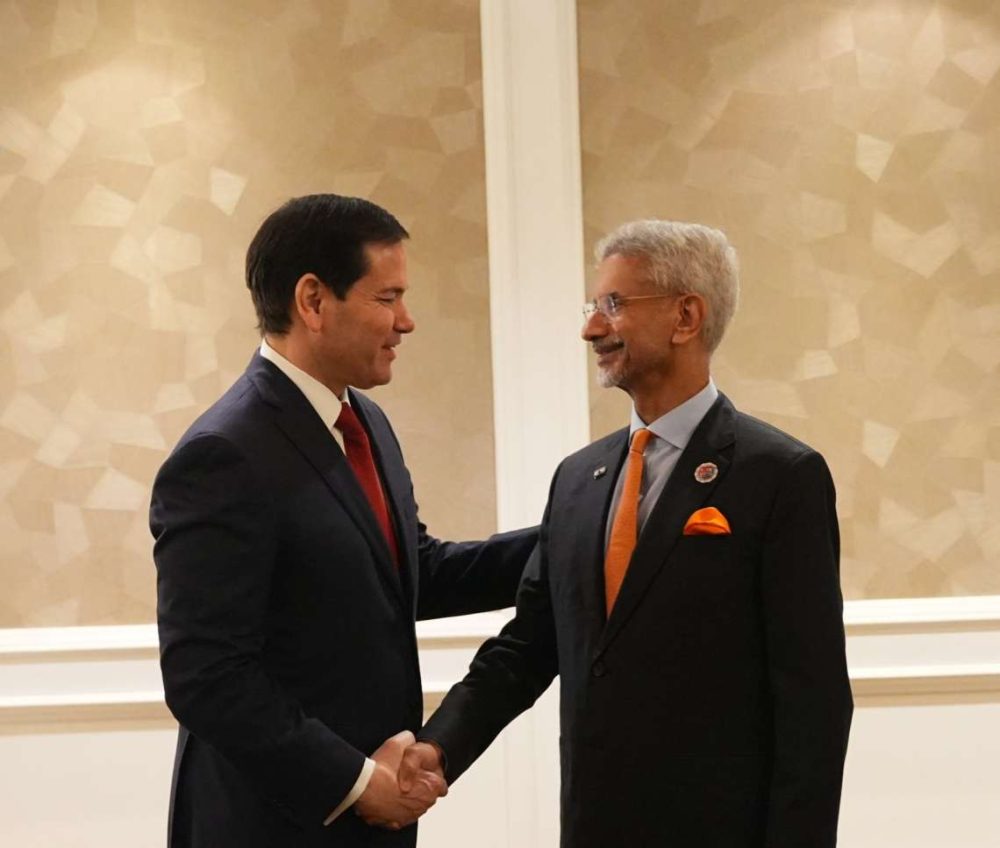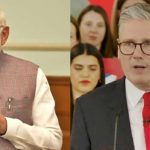UK announces a new Laboratory for AI Security Research at NATO Cyber Defence Conference…reports Asian Lite News
The government is setting up a Laboratory for AI Security Research (LASR), saying it will help to protect against new threats from the technology.
It will initially provide £8.22 million to fund the laboratory, which will work with UK universities, the intelligence agencies and industry to boost cyber resilience and support growth in the sector.
Chancellor of the Duchy of Lancaster Pat McFadden announced the move, saying it comes in response to evolving threats to national security from AI.
“NATO needs to continue to adapt to the world of AI, because as the tech evolves, the threat evolves”, the Chancellor of the Duchy of Lancaster told the NATO Cyber Defence Conference at Lancaster House.
To help the UK stay ahead in the “new AI arms race” the Chancellor of the Duchy of Lancaster announced a new Laboratory for AI Security Research (LASR) to protect the UK and its allies against new threats, saying, “The lab will pull together world-class industry, academic and government experts to assess the impact of AI on our national security. While AI can amplify existing cyber threats, it can also create better cyber defence tools and presents opportunities for intelligence agencies to collect, analyse, and produce more useful intelligence.”
The Laboratory for AI Security Research will employ a ‘catalytic’ model, receiving an initial £8.22m round of government funding, inviting further investment and collaboration from industry.
Partners will include the Foreign Commonwealth and Development Office, the Department for Science Innovation and Technology, Government Communications Headquarters (GCHQ), National Cyber Security Centre, the MOD’s Defence Science and Technology Laboratory, the Alan Turing Institute, the AI Safety Institute, the University of Oxford, Queen’s University Belfast and Plexal. The laboratory will seek collaboration with like-minded partners, starting with the Five Eyes countries and NATO allies.
Addressing cyber and defence experts, he said, “Cyber war is now a daily reality. One where our defences are constantly being tested. The extent of the threat must be matched by the strength of our resolve to combat it and to protect our citizens and systems. 75 years after its foundation, it is clear we need NATO more than ever. NATO has stayed relevant over the last seven decades by constantly adapting to new threats. It has navigated the worlds of nuclear proliferation and militant nationalism. The move from cold warfare to drone warfare.”
The gathering is the second ever NATO Cyber Defence Conference and the first to be held in London. The Chancellor of the Duchy of Lancaster cautioned, “AI is already revolutionising many parts of life – including national security. But as we develop this technology, there’s a danger it could be weaponised against us. Because our adversaries are also looking at how to use AI on the physical and cyber battlefield. Be in no doubt: the United Kingdom and others in this room are watching Russia. We know exactly what they are doing, and we are countering their attacks both publicly and behind the scenes. We know from history that appeasing dictators engaged in aggression against their neighbours only encourages them. Britain learned long ago the importance of standing strong in the face of such actions. That’s why we support Ukraine in its fight to decide its own destiny. Putin is a man who wants destruction, not peace. He is trying to deter our support for Ukraine with his threats. He will not be successful. Last year, we saw the US for the first time publicly call out a state for using AI to aid its malicious cyber activity. In this case it was North Korea who had attempted to use AI to accelerate its malware development and scan for cybersecurity gaps it could exploit. North Korea is the first, but it won’t be the last.”
Alongside the new laboratory, the Chancellor of the Duchy of Lancaster announced a new £1m incident response project to share expertise so that allies can respond to cyber incidents more effectively.
Stephen Doughty, Minister for Europe, North America and UK Overseas Territories, attended the conference at Lancaster House. He said, “AI has enormous potential. To ensure it remains a force for good in the world, we need to understand its threats and its opportunities. Today we have launched a new, world-leading research lab to enhance AI security to ensure the UK and our allies reap the benefits of AI, while detecting, disrupting and deterring adversaries who would use it to undermine our national security and economic prosperity.”
LASR builds on the UK’s position as the global birthplace of modern computing, following the pioneering legacy of Alan Turing. It is part of the government’s wider work to improve the UK’s cyber defences and grow the economy, which includes the forthcoming Cyber Security and Resilience Bill and recent designation of data centres as critical national infrastructure.
ALSO READ: UK deprivation hits record high














